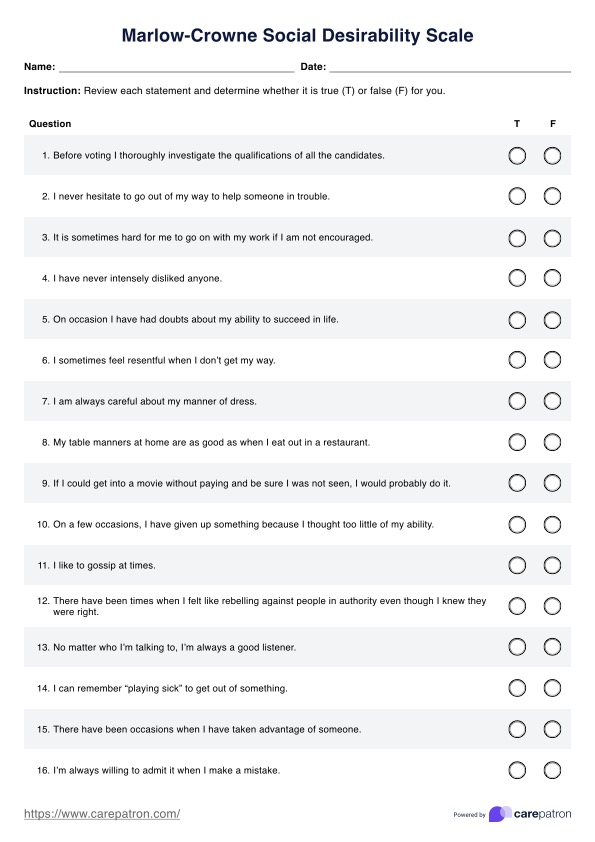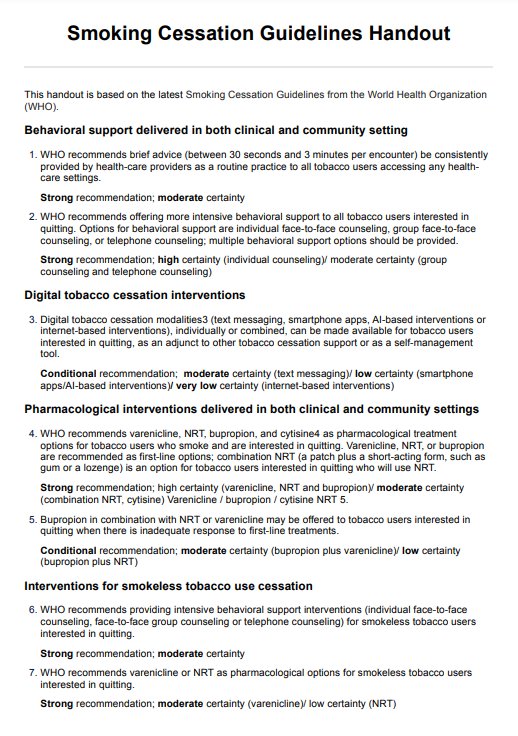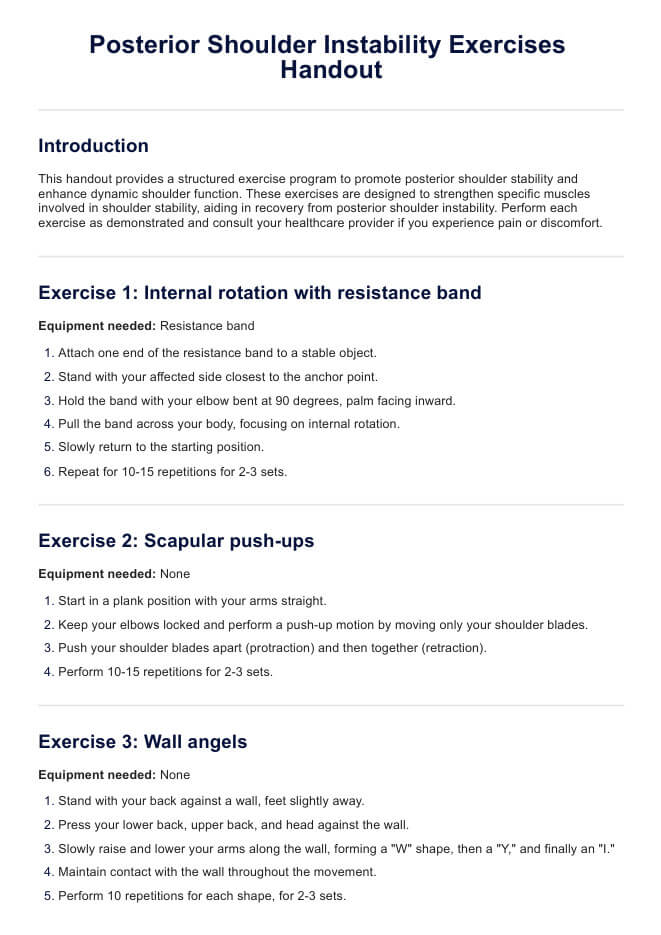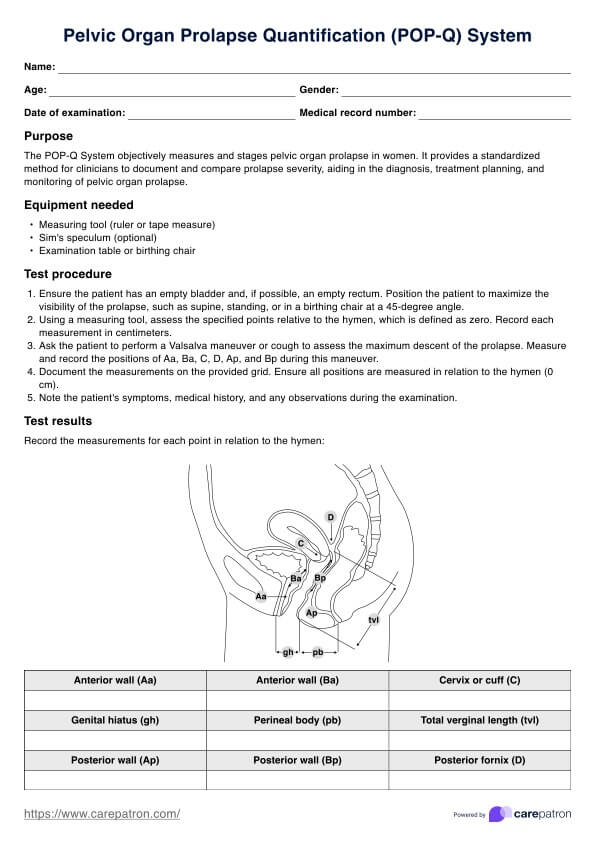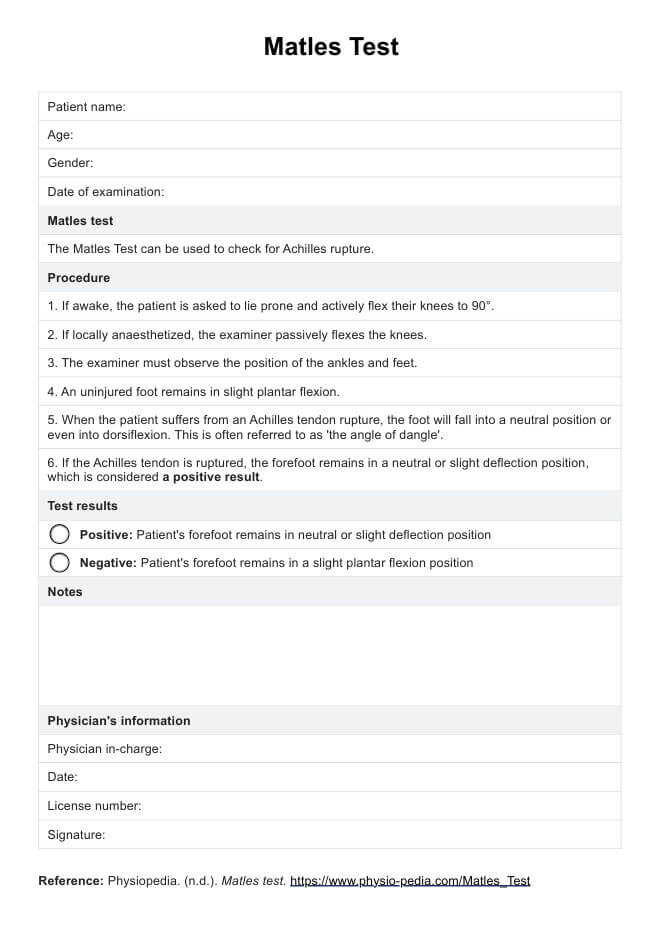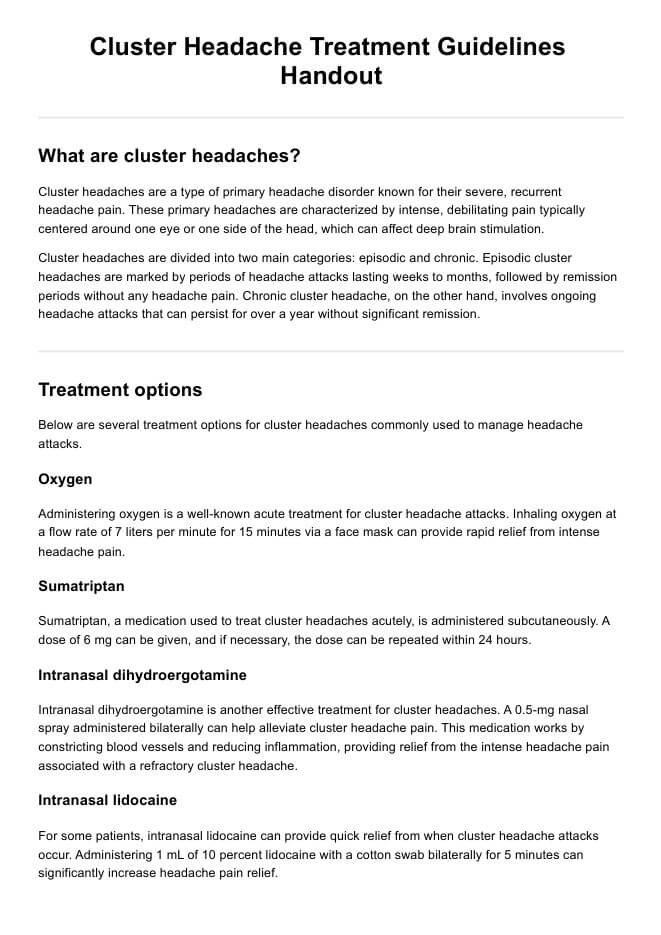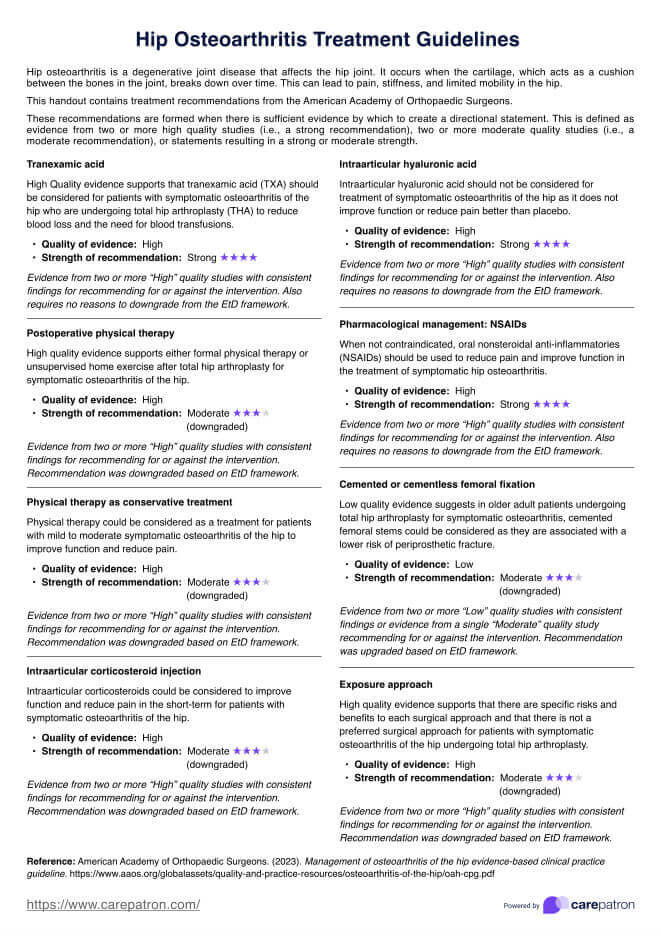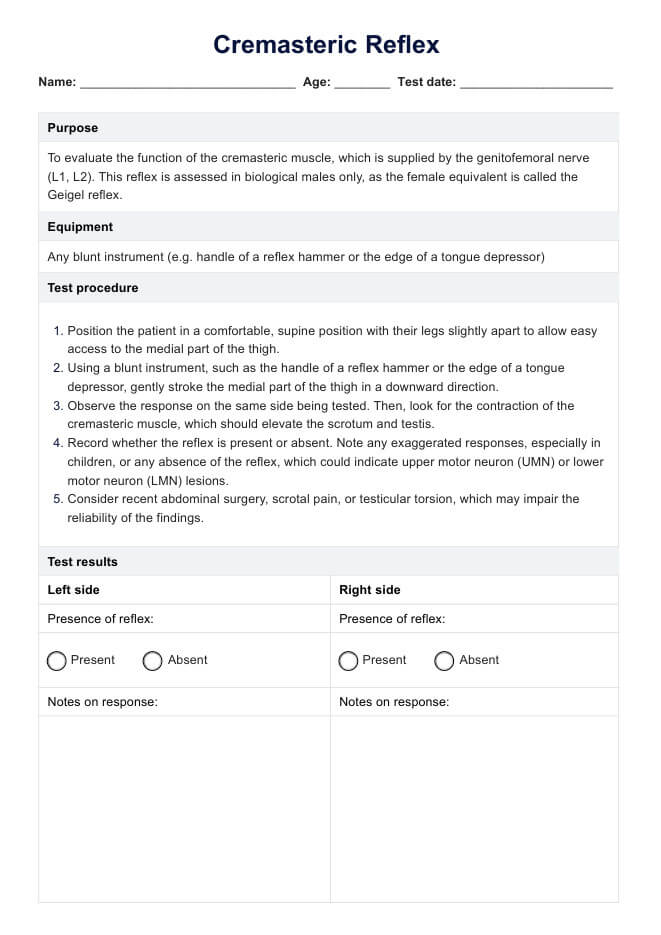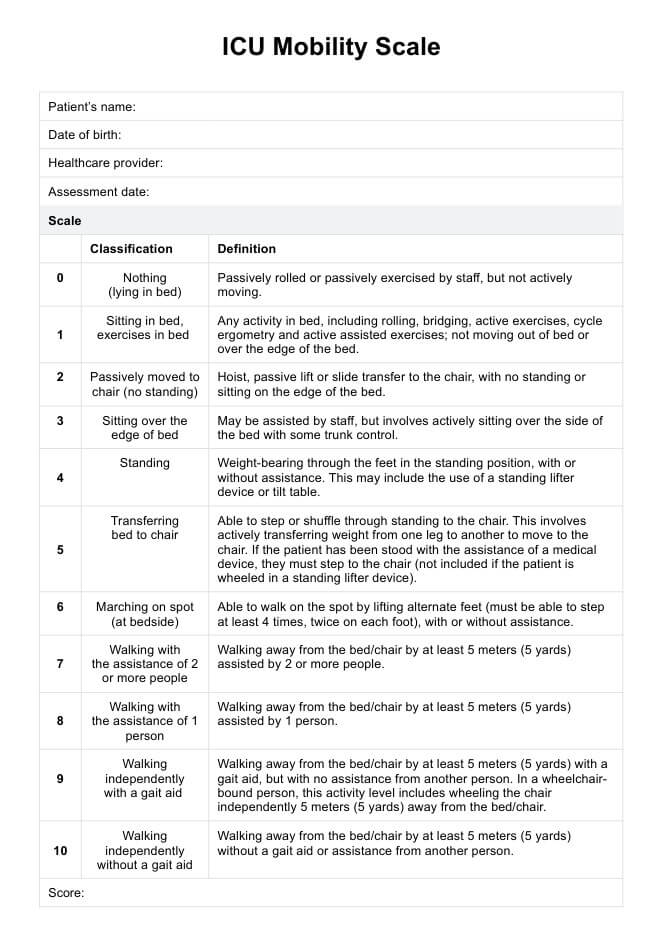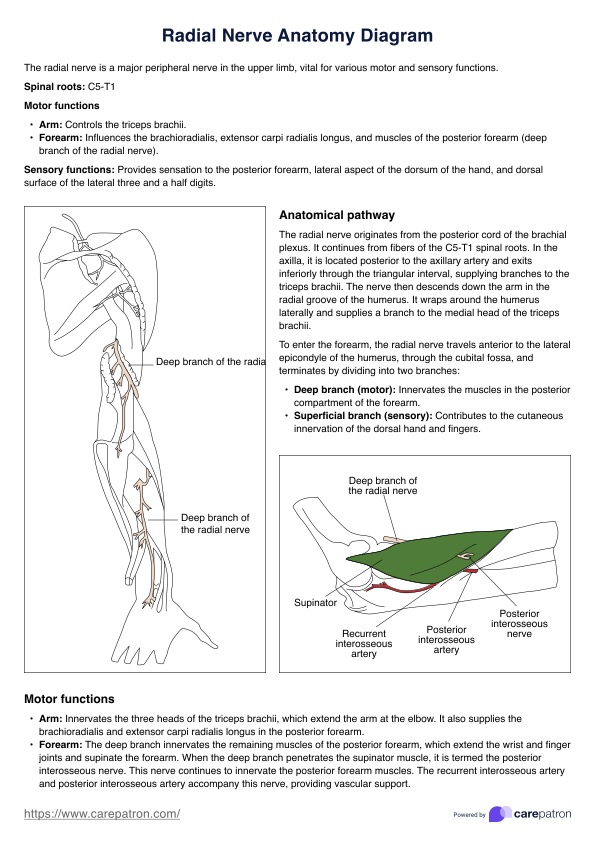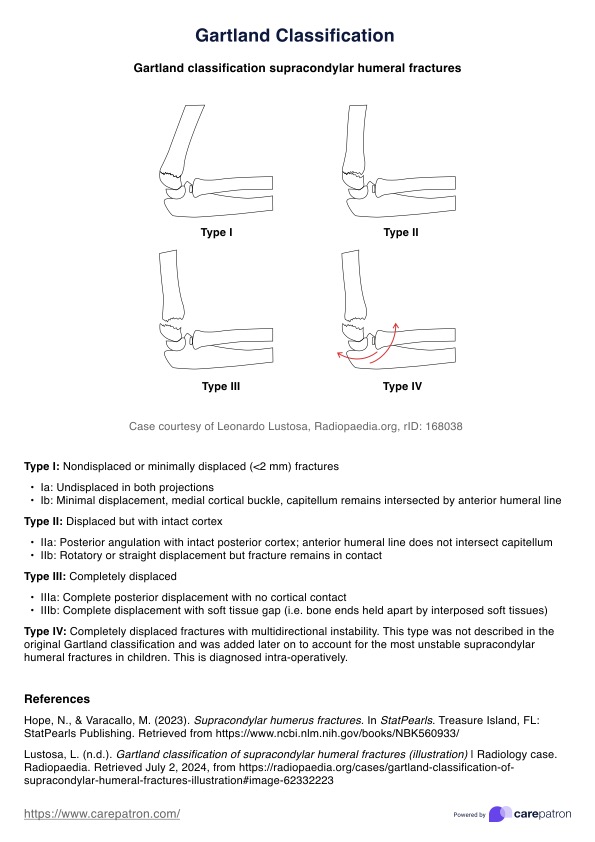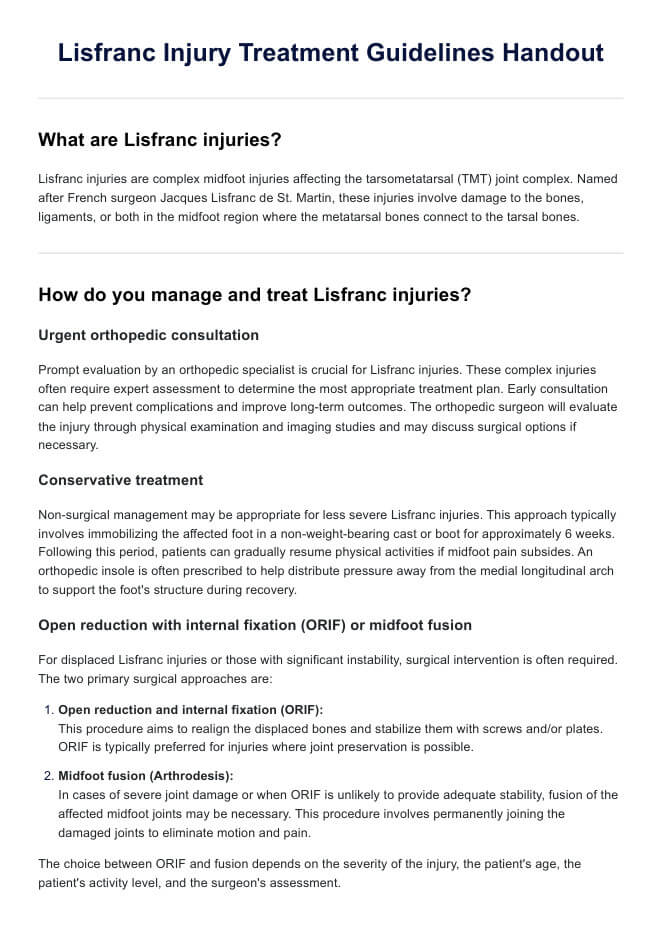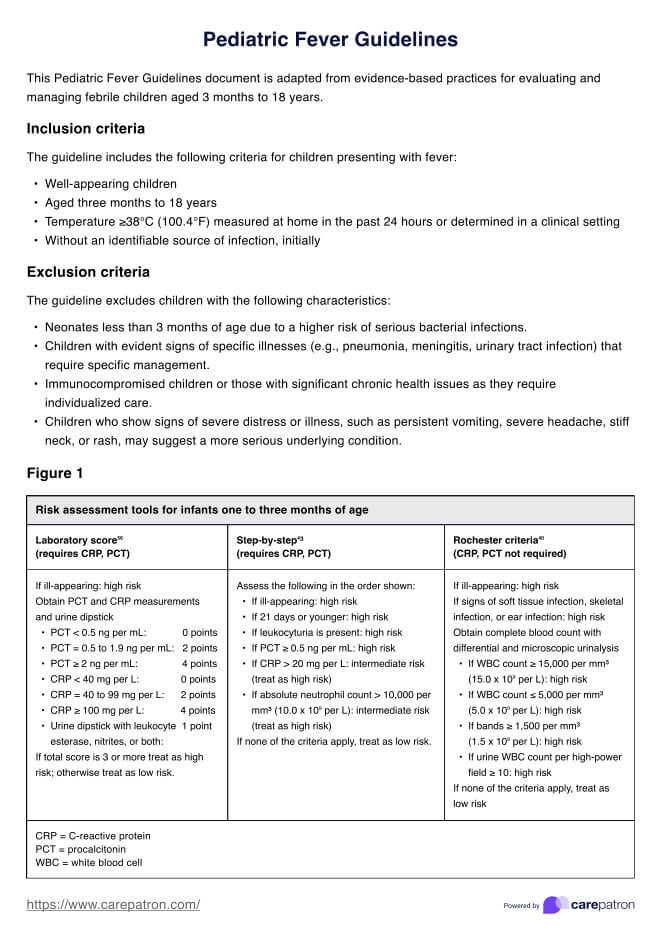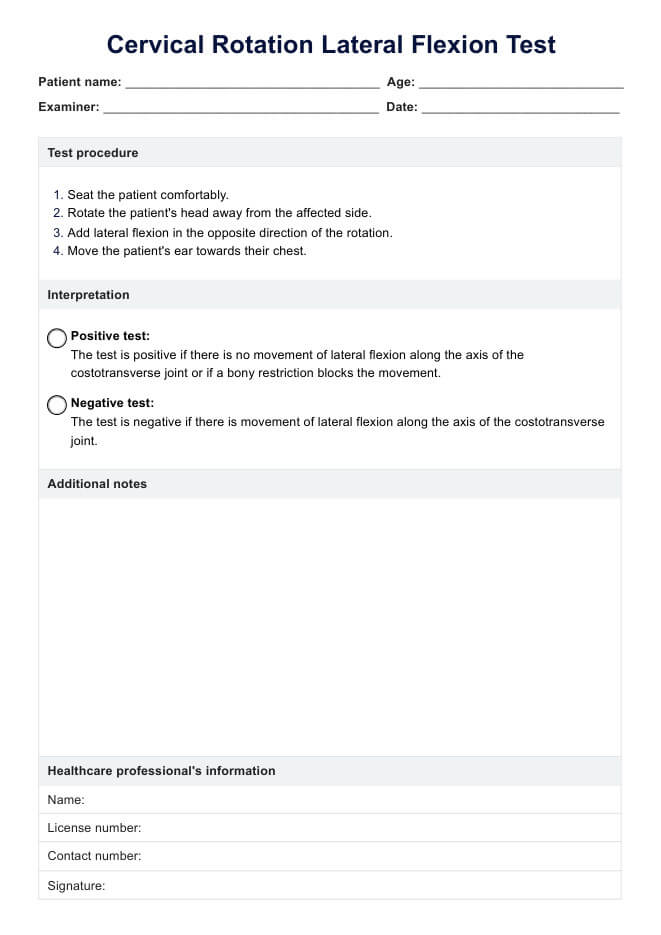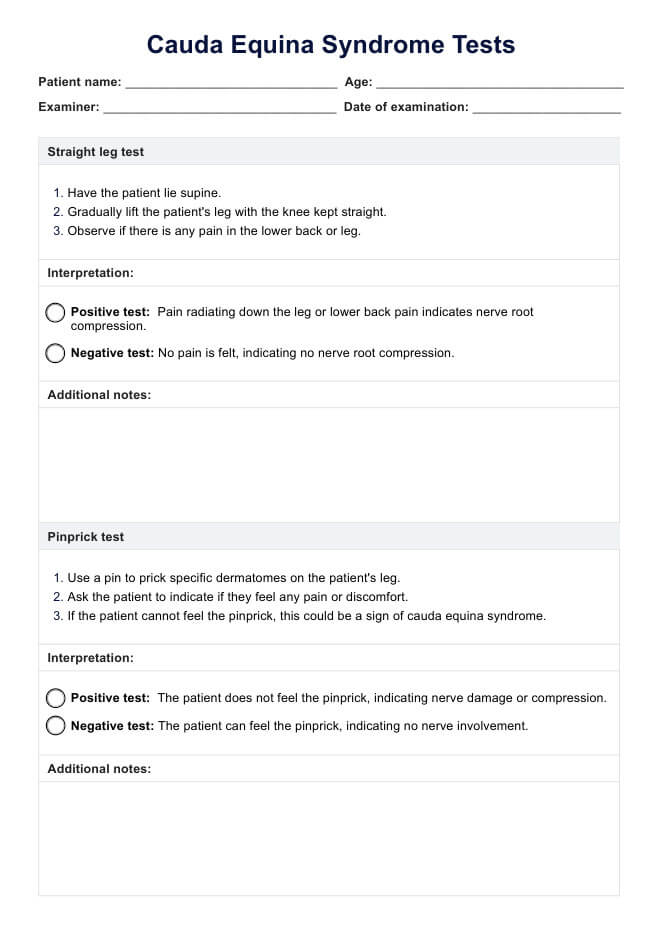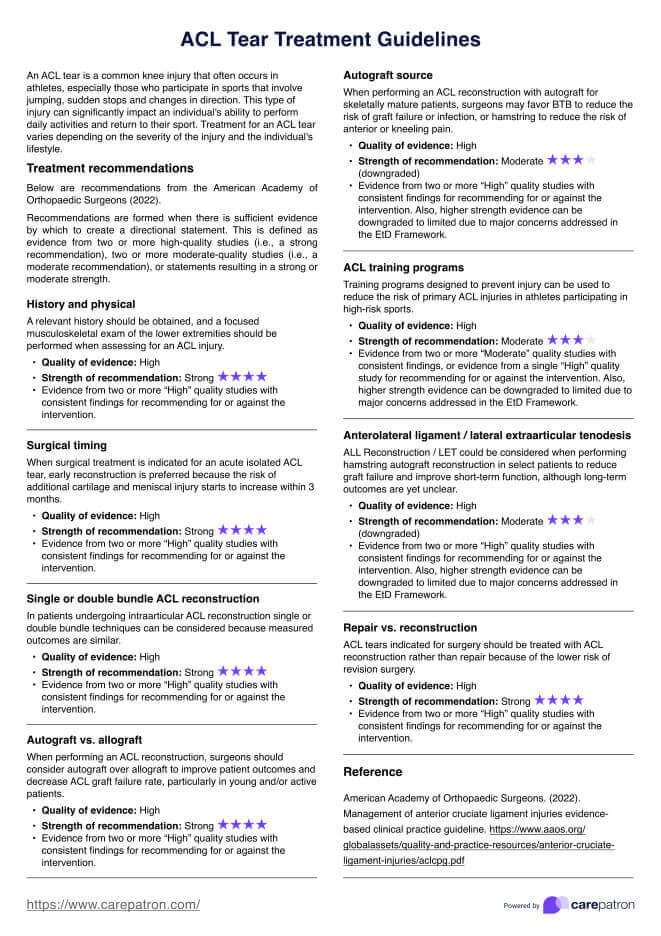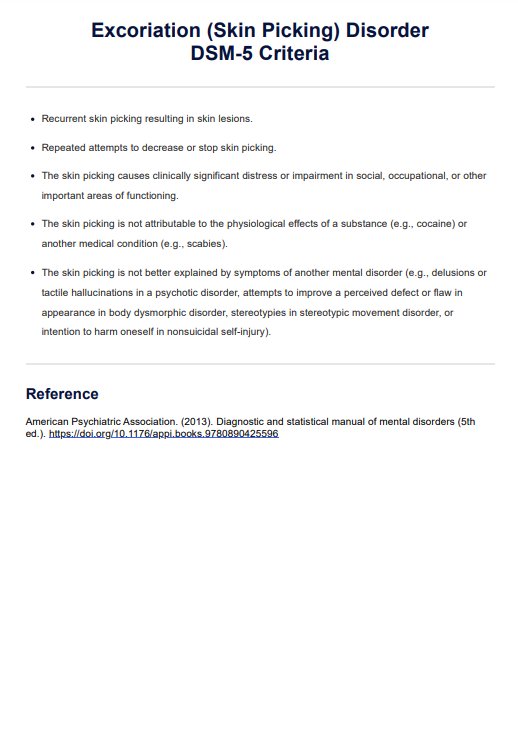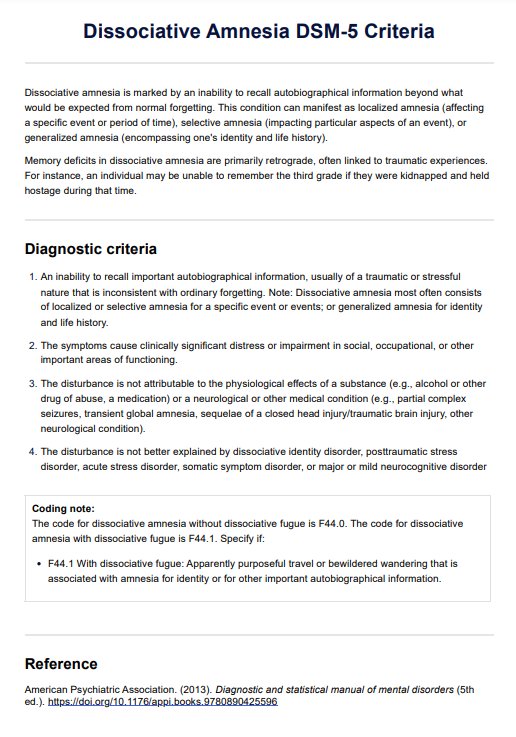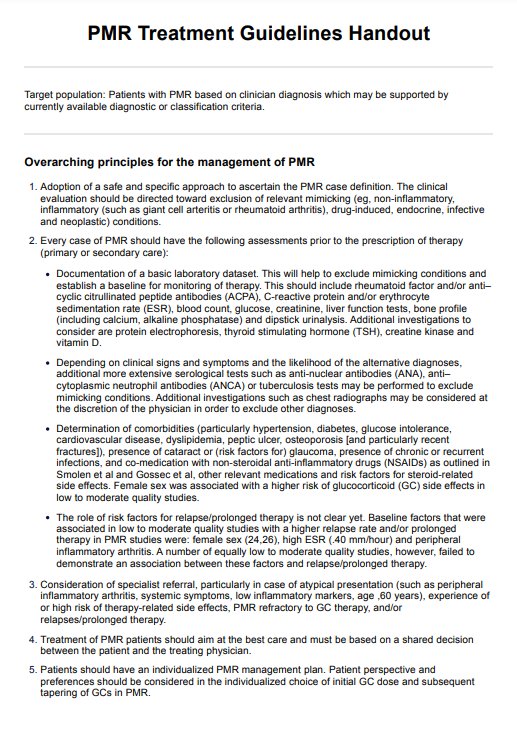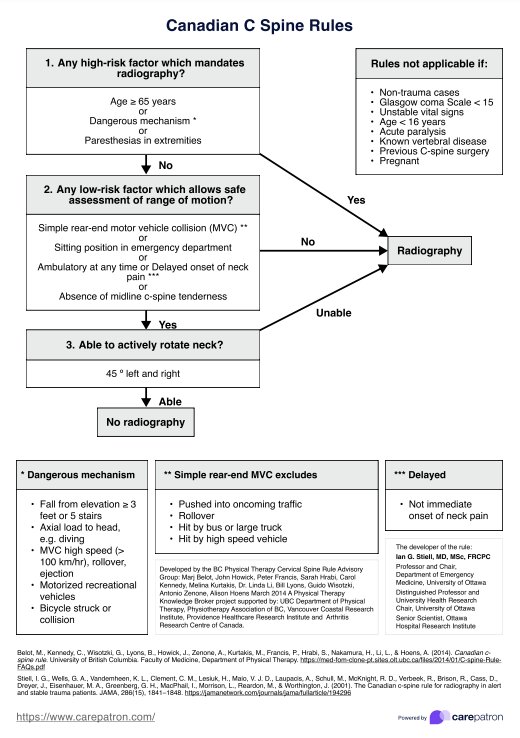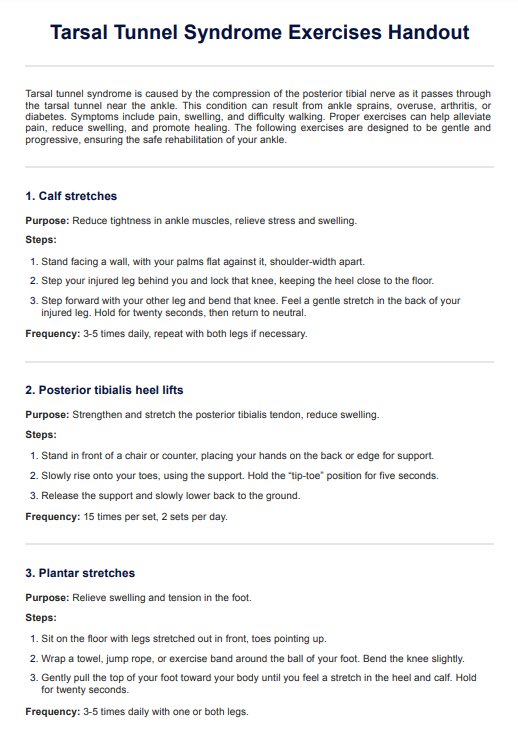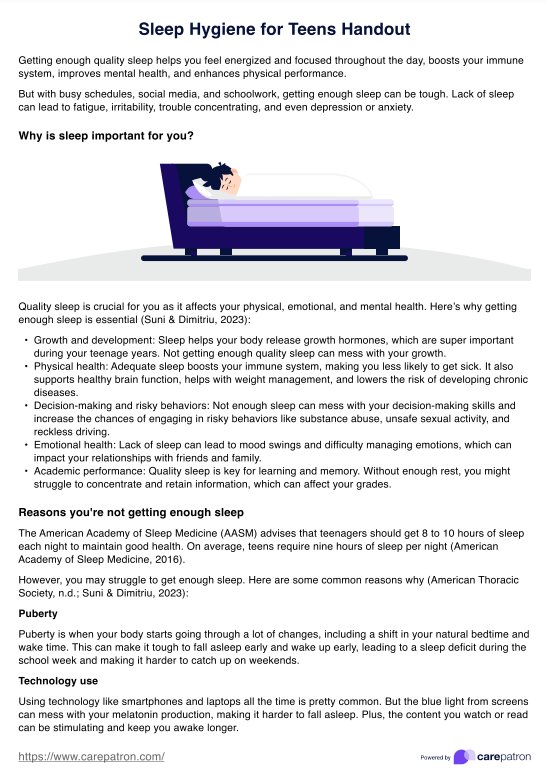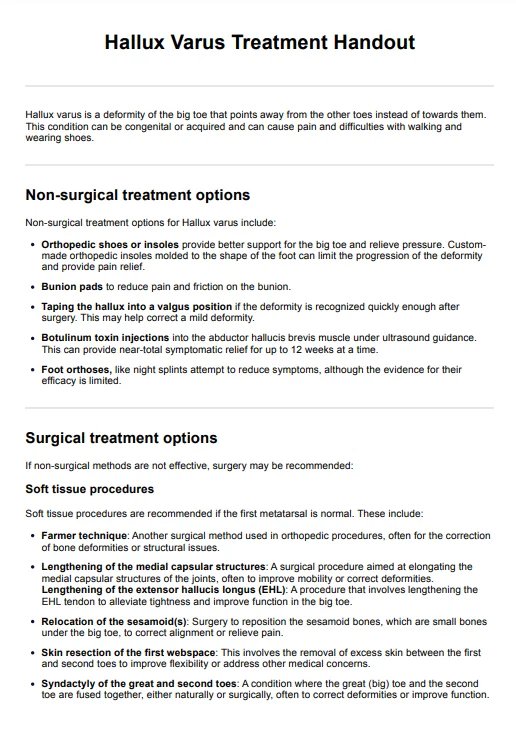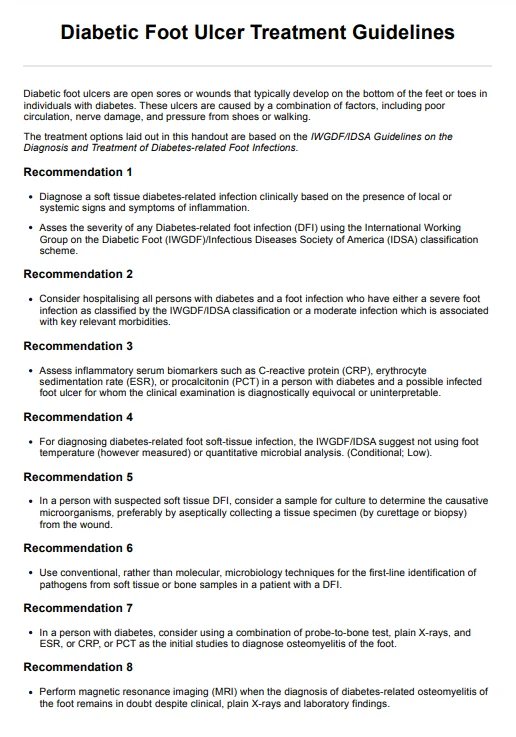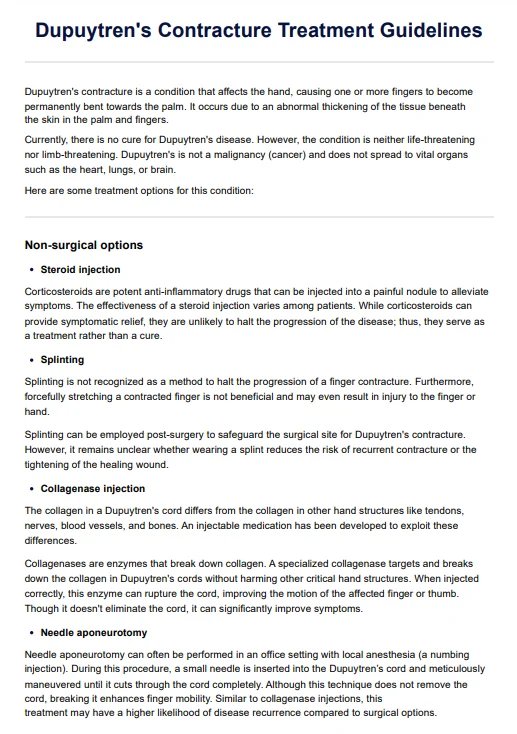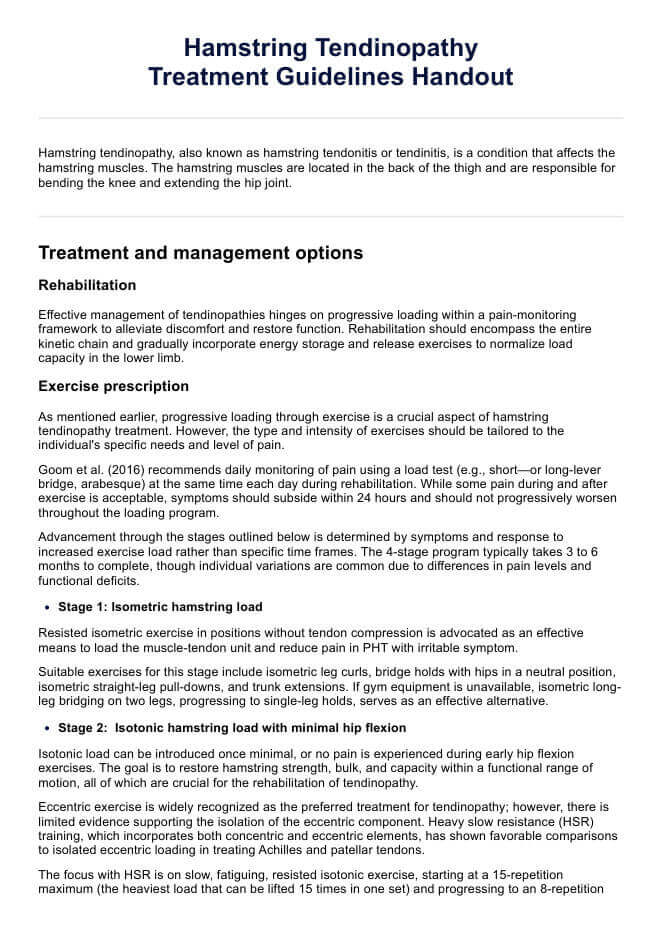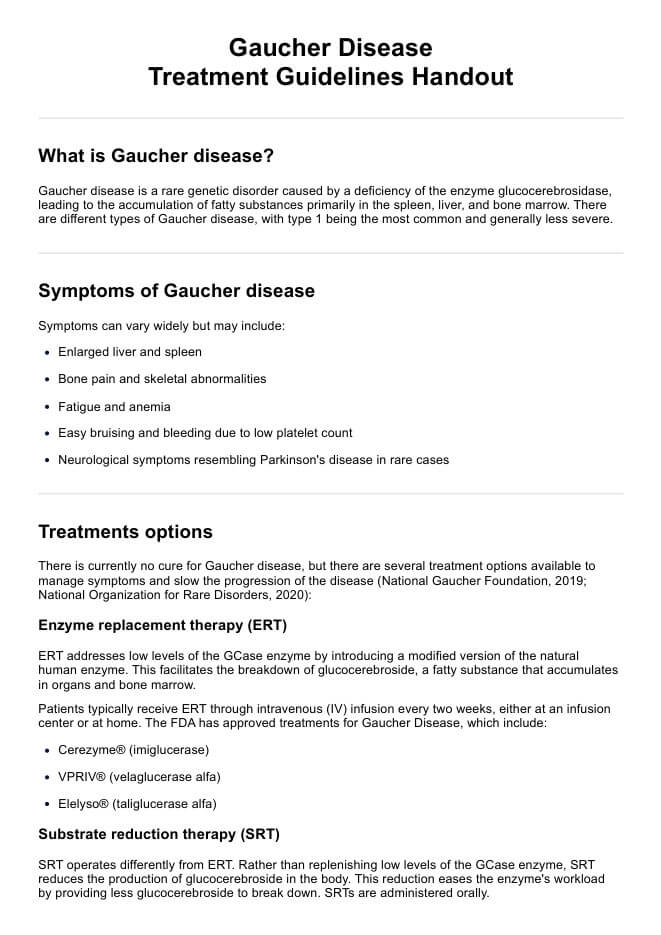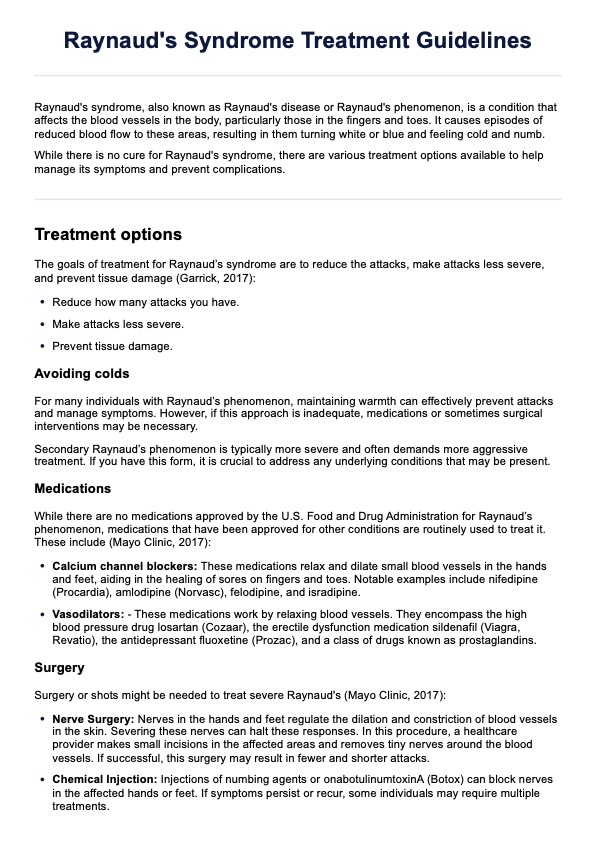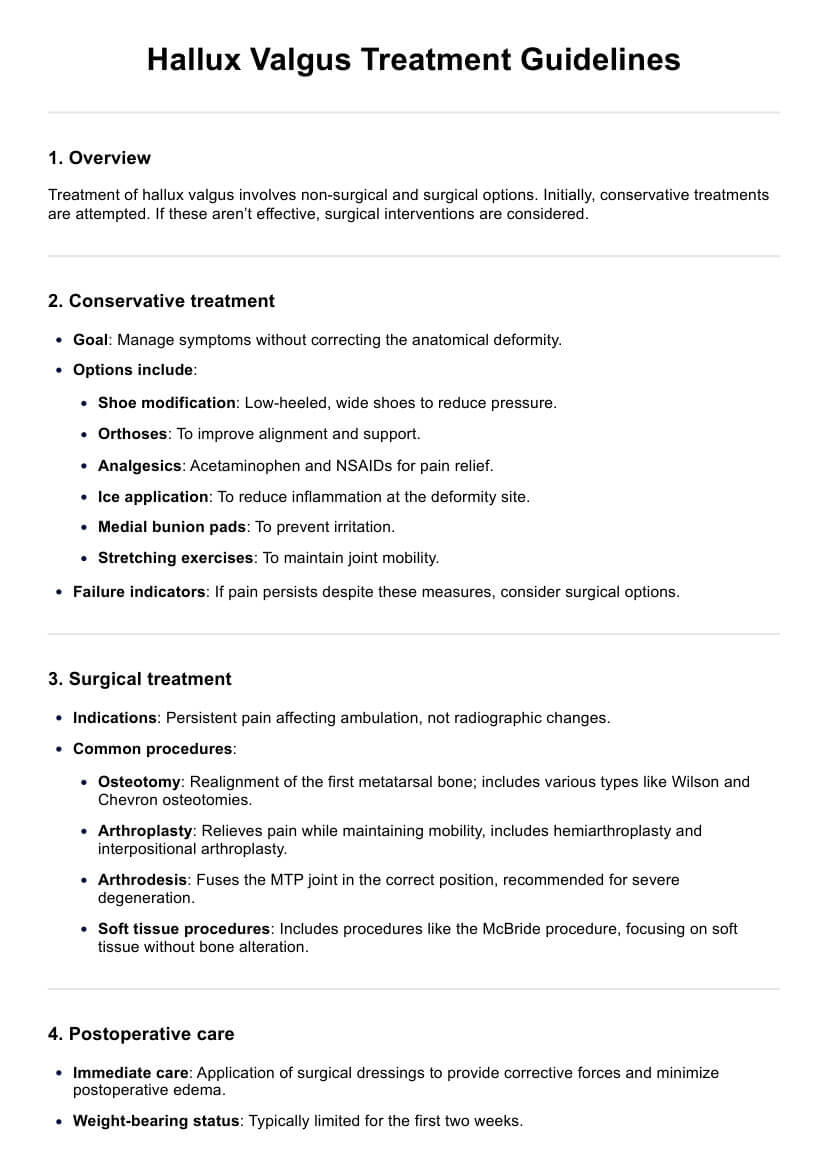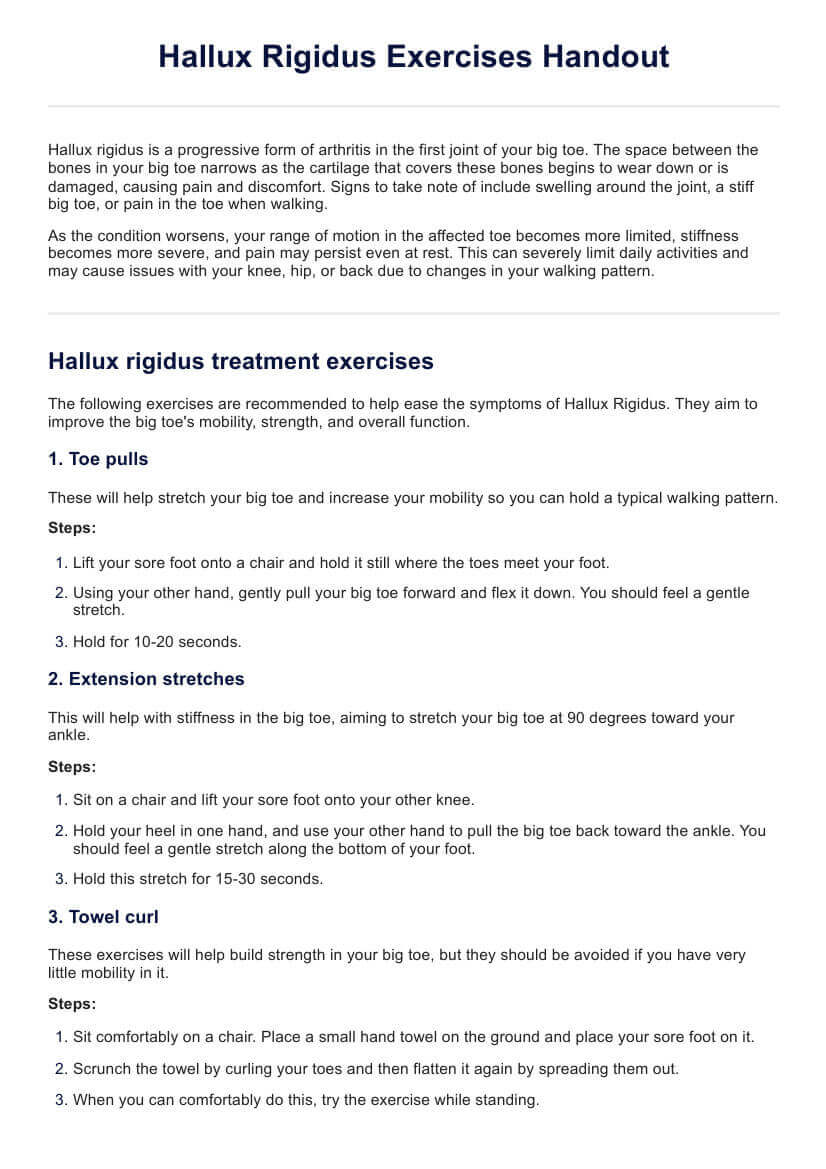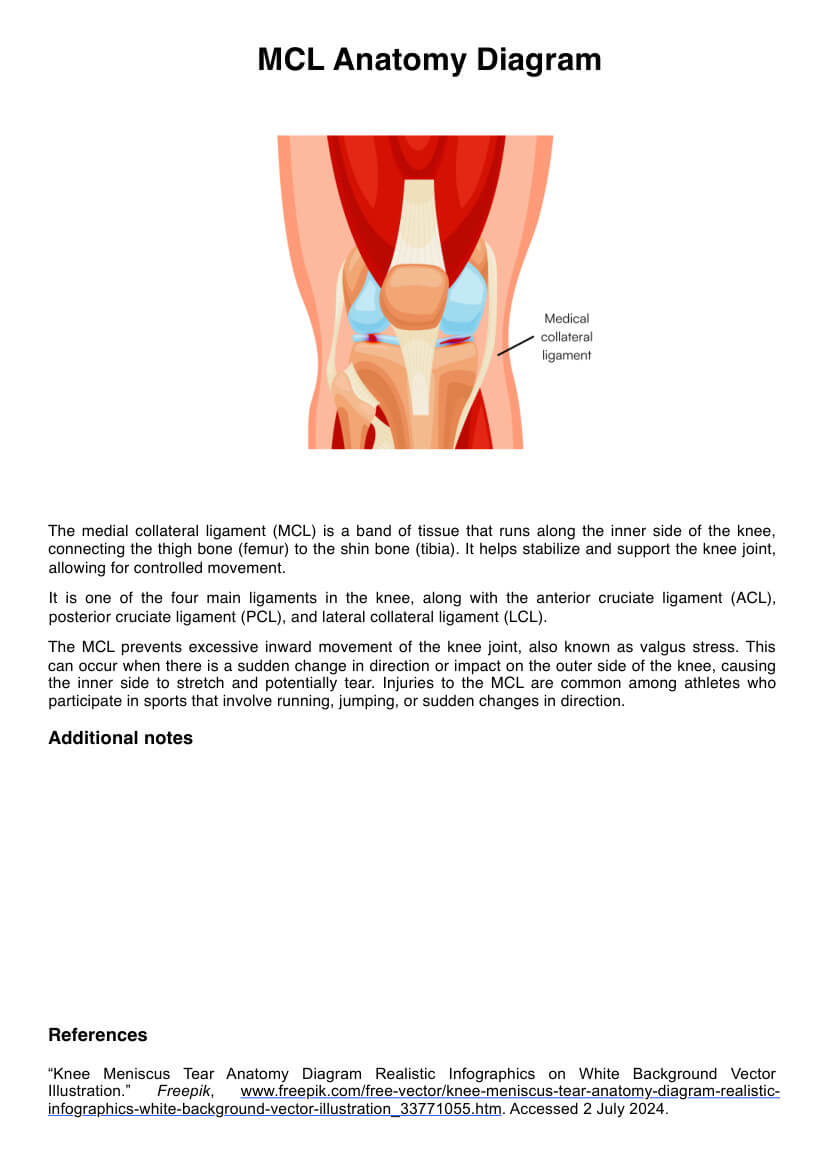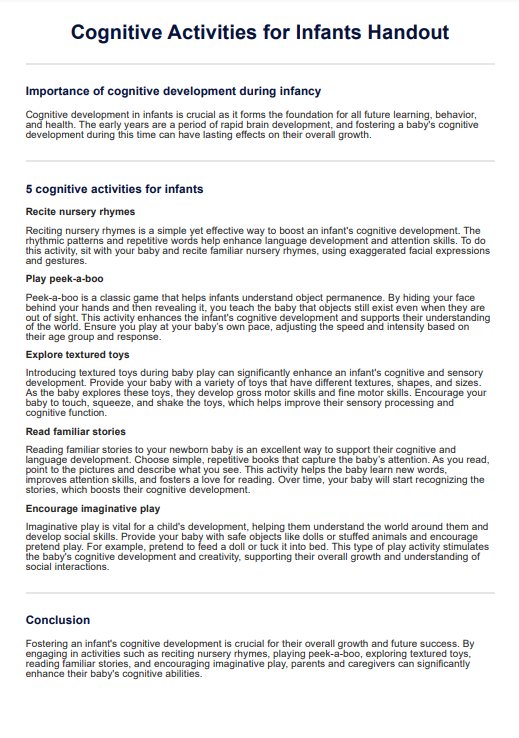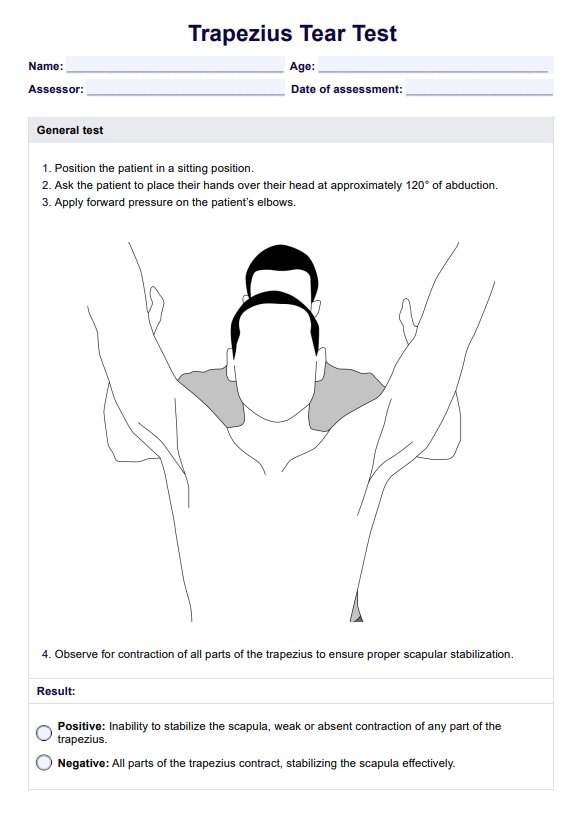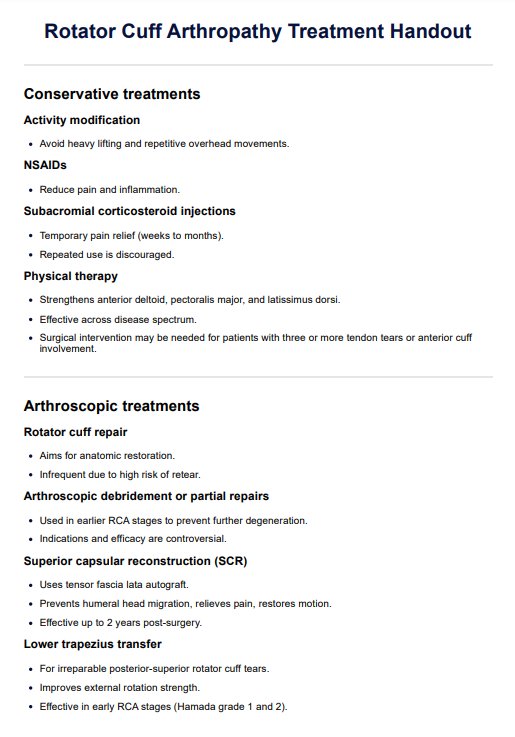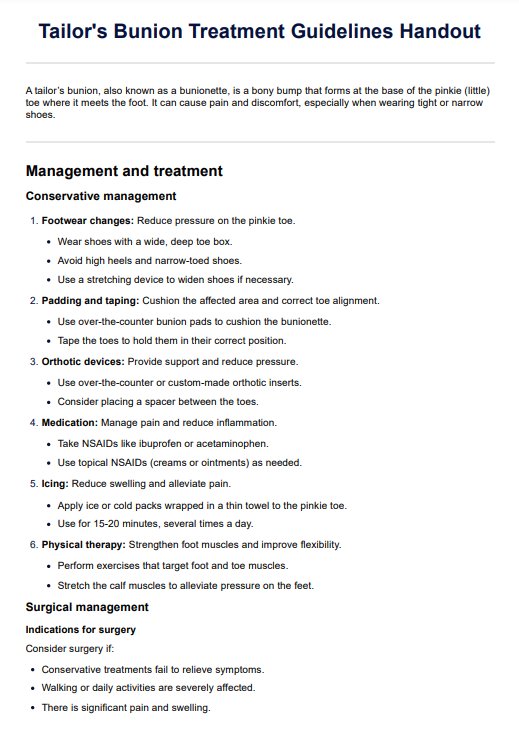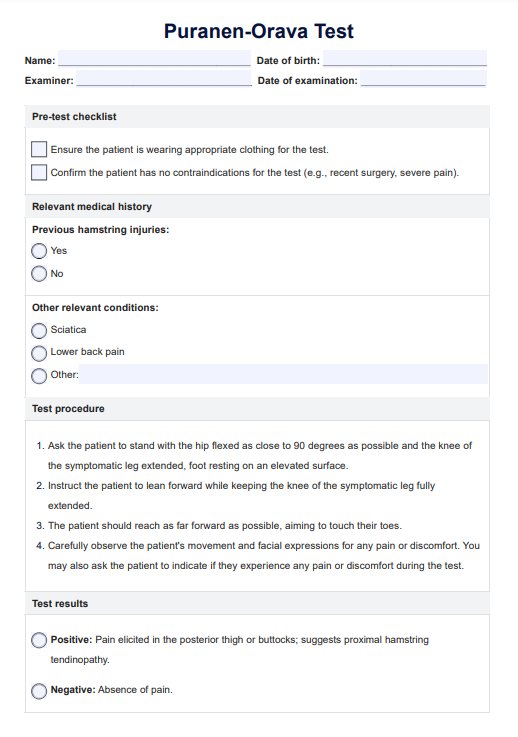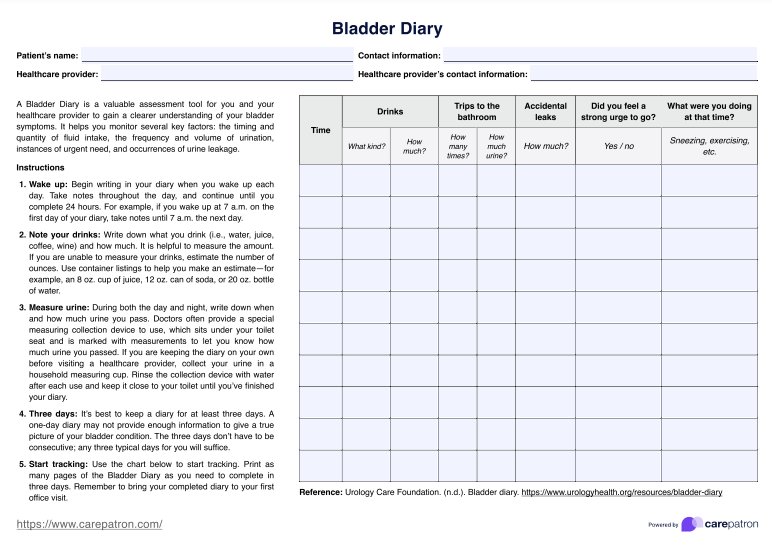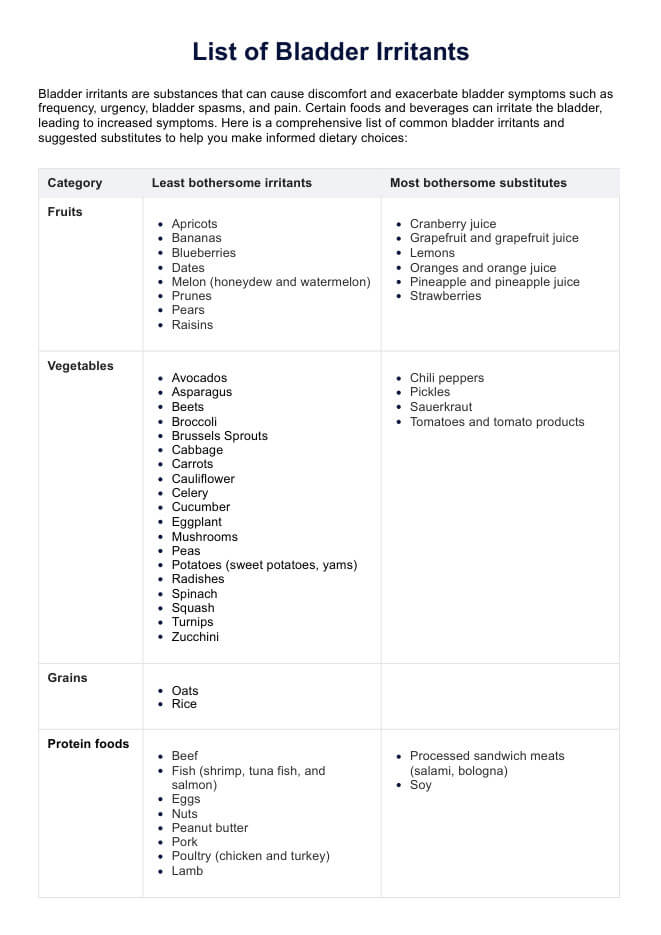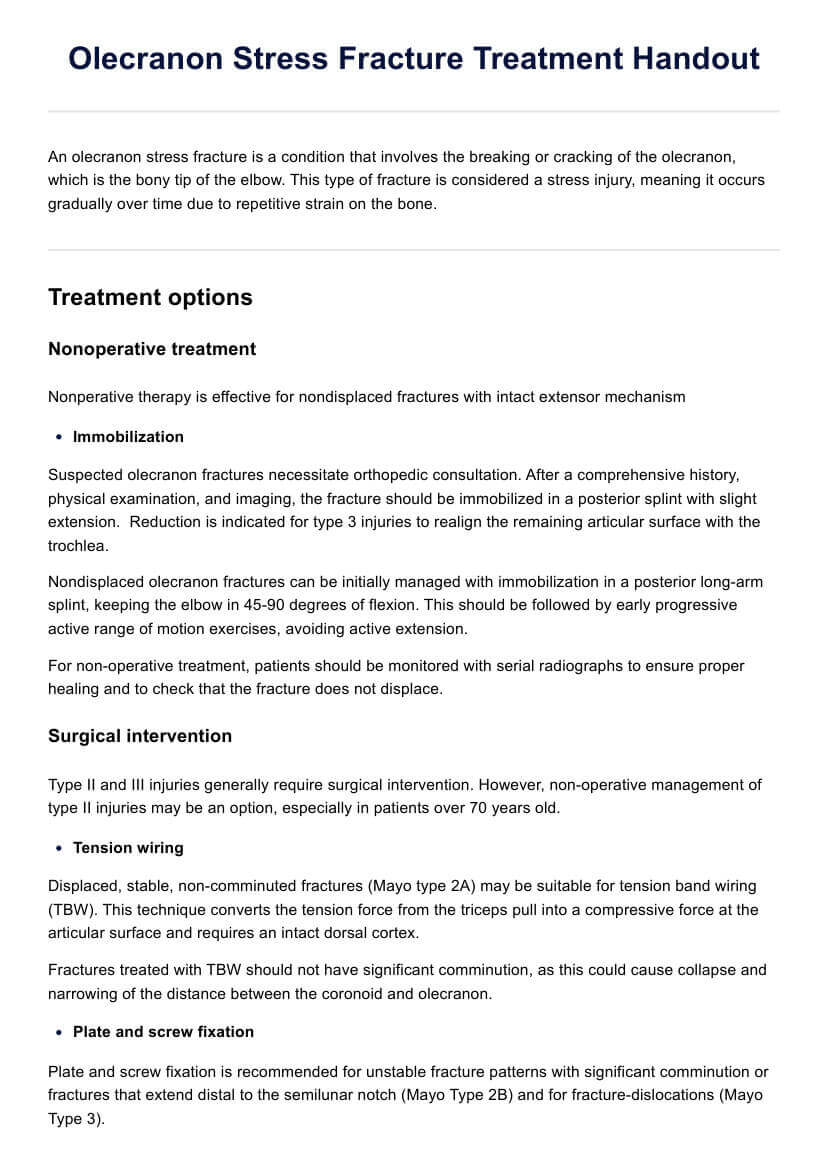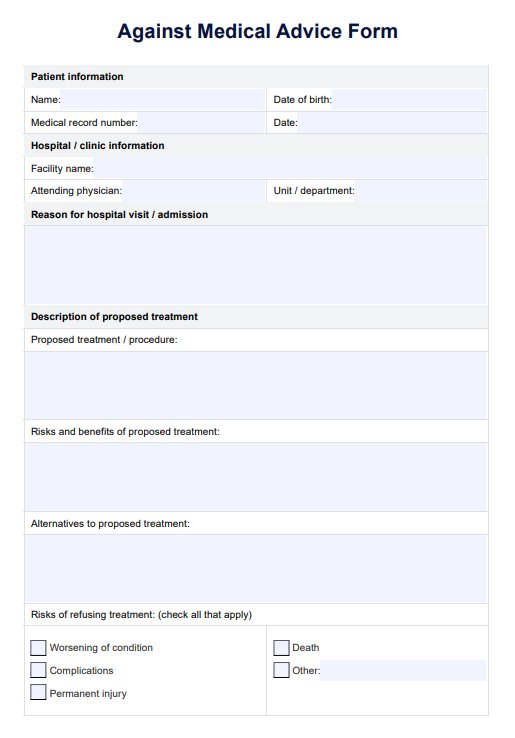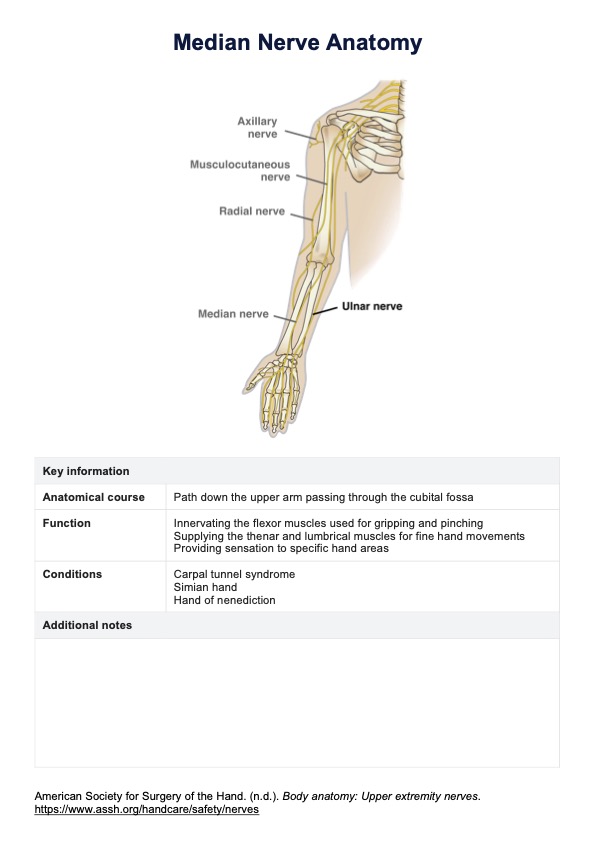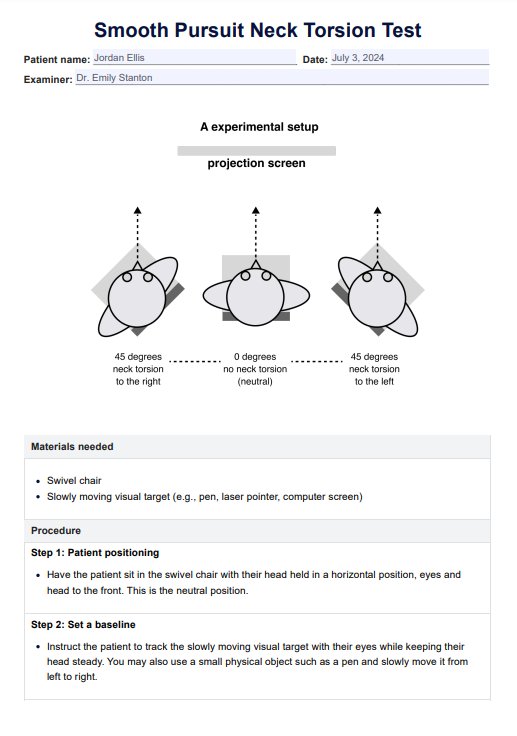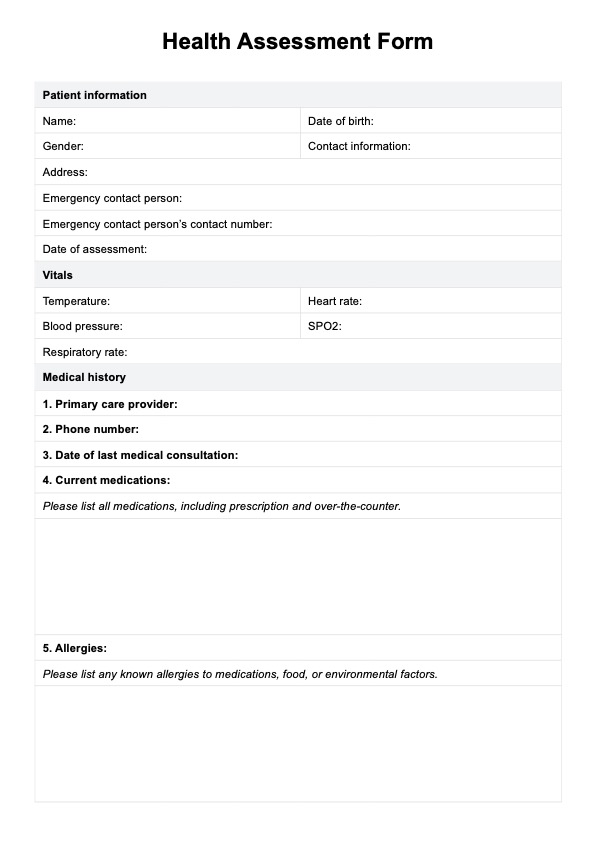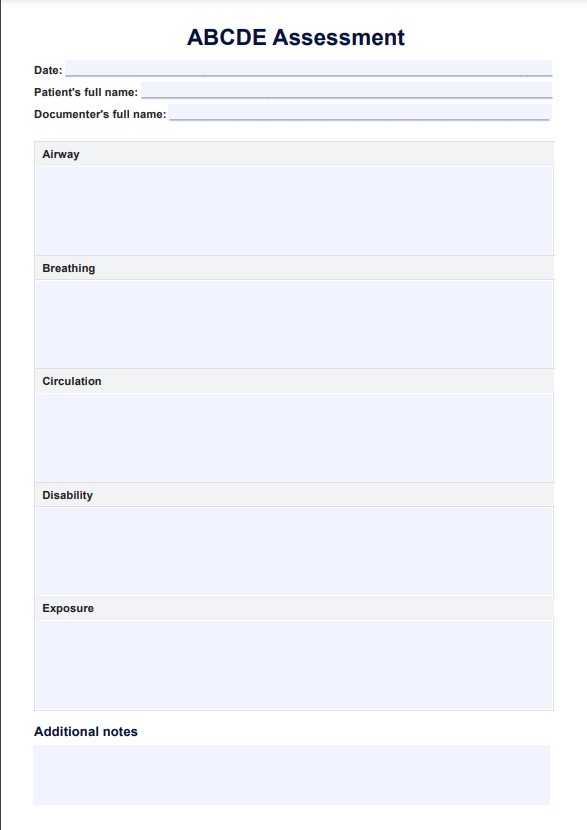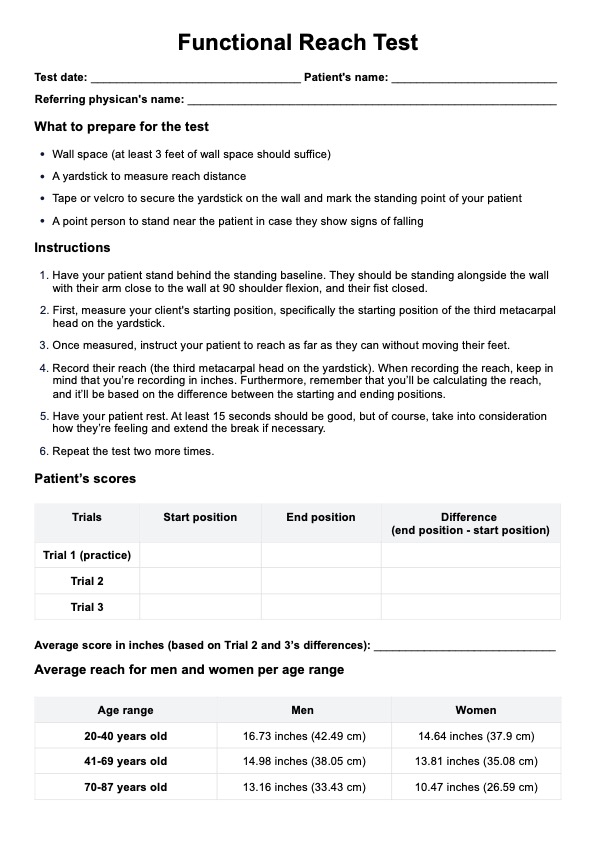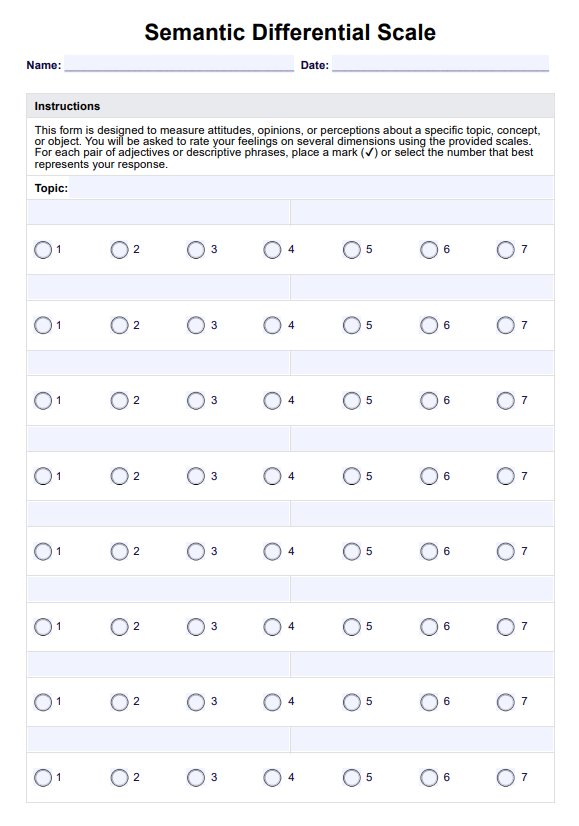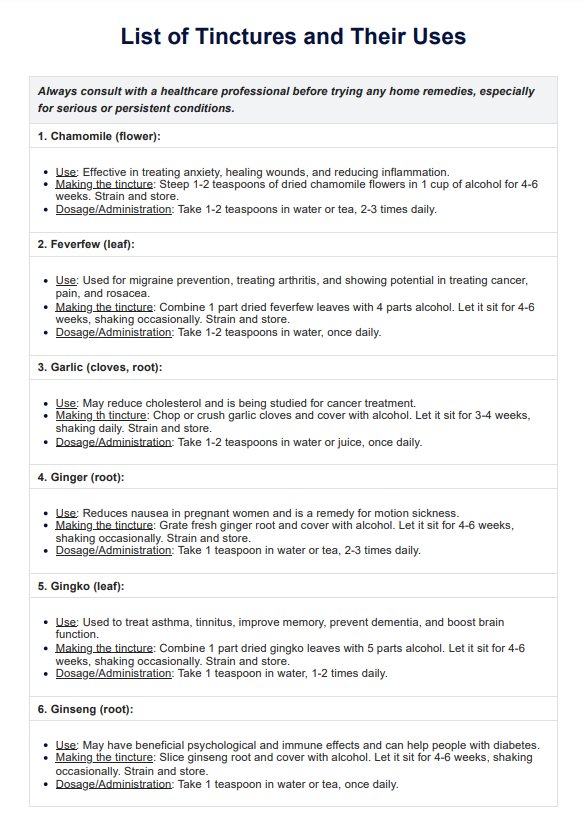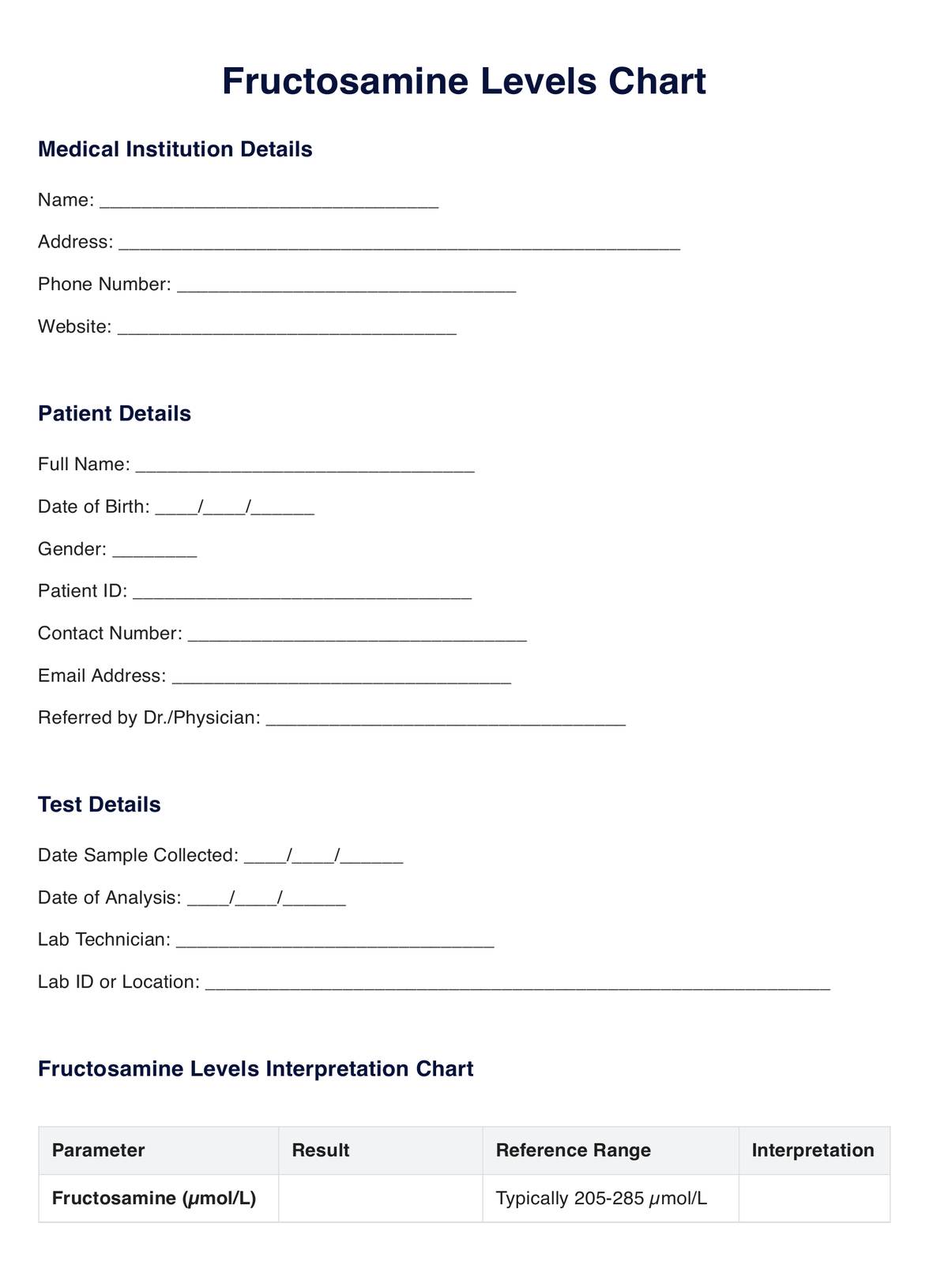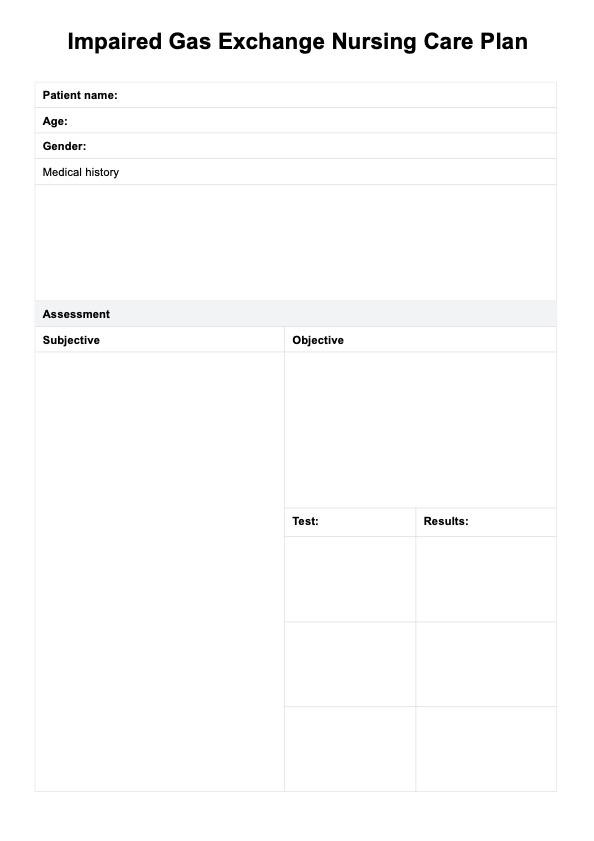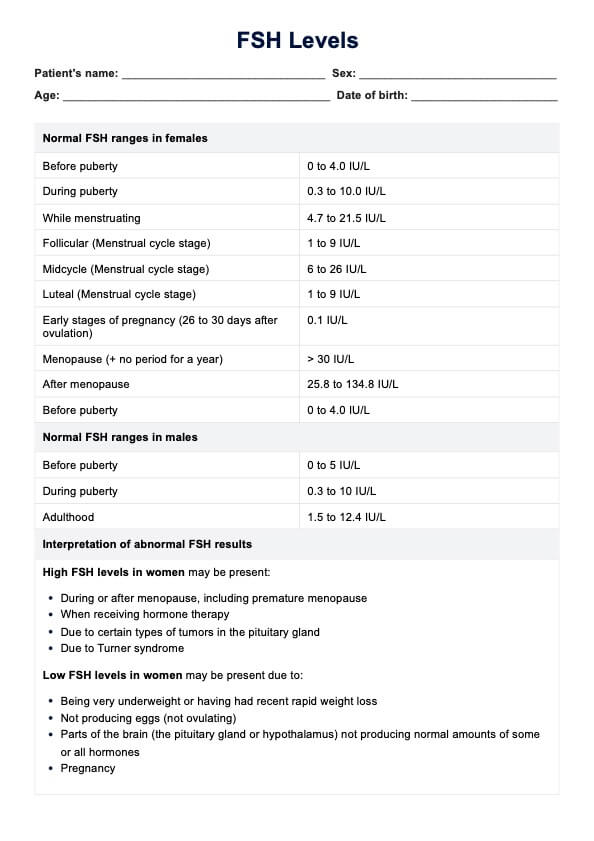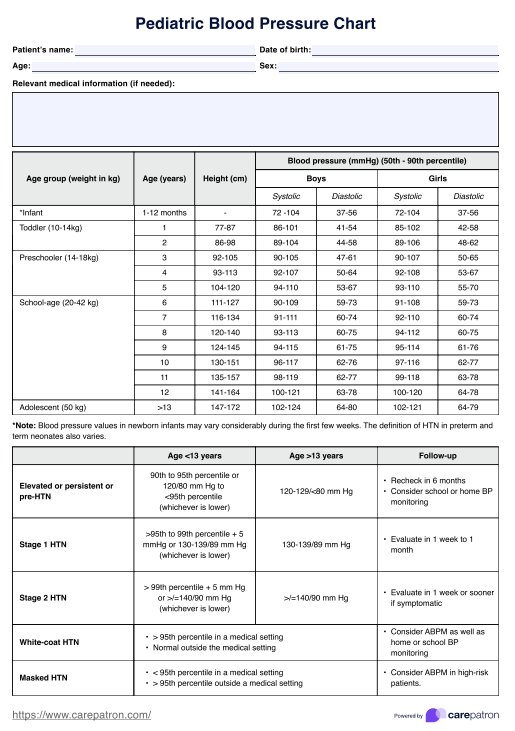Marlowe-Crowne Social Desirability Scale
Explore the Marlowe-Crowne Social Desirability Scale, a key tool for researchers assessing socially desirable responses. Read the article to learn more.


What is the Marlowe-Crowne Social Desirability Scale?
The Marlowe-Crowne Social Desirability Scale (MCSDS) is a widely used social desirability measure designed to assess socially desirable responses, where individuals modify their answers to self-report assessments to align with socially approved norms rather than their actual behaviors or attitudes. This bias can introduce significant differences in self-reported data (Adams, 2005), affecting the validity of psychological research and clinical practice, particularly in areas reliant on subjective reporting, such as mental health, behavioral assessments, and health-related behaviors.
Developed by Douglas P. Crowne and David Marlowe in 1960, the MCSDS consists of 33 true-false items that evaluate whether respondents provide socially desirable responses by emphasizing traits viewed as favorable while minimizing undesirable characteristics. The scale was created to be social desirability independent of intelligence and other personality traits, allowing researchers to distinguish between genuine self-reports and responses influenced by the need for social approval.
In healthcare and clinical survey research, the MCSDS is particularly valuable for identifying biases in self-reported health behaviors, such as medication adherence, substance use, or mental health symptoms, where patients may underreport or overreport based on perceived social expectations. Its application helps researchers and clinicians adjust for socially desirable responding, improving the accuracy of assessments and interventions.
As part of scale development, shorter versions of the MCSDS, such as the 12-, 13-, and 11-item versions, have been introduced to maintain reliability while reducing respondent burden (Ballard, 1992). However, despite its widespread use in different fields like clinical psychology, variations in social desirability measures across different populations and cultural contexts should be considered when interpreting results.
Marlowe-Crown Social Desirability Scale Template
Marlowe-Crown Social Desirability Scale Example
How to use our Marlowe-Crowne Social Desirability Scale template
Our free template contains the 33-item version of the MCSDS, allowing you to assess social desirability bias in respondents. This template enables you to administer the scale efficiently and core responses accurately. Follow these steps to get started:
Step 1: Access the scale
Get a copy of the Marlow-Crowne Social Desirability Scale by selecting the "Use template" button. This will open the template via the Carepatron app where you can modify it. If you want a PDF version, click "Download."
Step 2: Explain how it works to your patient
Before administering the scale, briefly explain its purpose to your patient. Let them know that the questionnaire assesses tendencies to respond in a socially desirable manner rather than providing completely accurate self-reports. Emphasize that there are no right or wrong answers and that honesty is key to obtaining meaningful results.
Step 3: Have the patient complete the questionnaire
Ask the patient to read each statement carefully and respond based on their experiences and feelings. They should indicate whether each statement is true (T) or false (F) for them. Ensure they answer all items to obtain a complete assessment.
Step 4: Score the responses
Each response is scored according to the established scoring criteria for the MCSDS. Typically, responses that indicate socially desirable behaviors receive a score of 1, while others receive a score of 0. The total score is then calculated to determine the extent of social desirability bias in the patient’s responses.
Step 5: Use the results in clinical or research settings
Consider how social desirability bias might impact other assessments or self-reported data if you use the scale in a clinical setting. In research settings, account for this bias when analyzing participant responses. Use the findings to adjust interpretations or recommendations accordingly.
Step 6: Store or share results securely
Ensure patient responses are stored securely within the Carepatron app or exported as needed while maintaining confidentiality and compliance with data protection regulations. If results are shared with other healthcare providers, obtain the necessary consent.
Scoring and interpretation
As mentioned, each response is scored based on whether it aligns with socially desirable answers. Responses that reflect socially desirable behaviors receive a score of 1, while all other responses are scored 0. The total score is then calculated to determine the extent of social desirability bias in the individual's responses.
The total score on the Marlowe-Crowne Social Desirability Scale falls into three categories, reflecting different levels of concern for social approval (Crowne & Marlowe, 1960):
Low scorers (0–8)
Approximately one in six respondents score in this range. These individuals tend to respond more frequently in a socially undesirable direction, indicating a higher willingness to answer truthfully, even when their responses might be viewed negatively. They may be less influenced by social norms or expectations when reporting their thoughts and behaviors.
Average scorers (9–19)
Around two-thirds of respondents score within this range. These individuals exhibit a moderate level of concern for social desirability, balancing honest self-reporting with some awareness of how their responses might be perceived. Their general behavior likely reflects average conformity to social norms and expectations.
High scorers (20–33)
Roughly one in six respondents score in this range. These individuals may be highly concerned about how they are perceived and tend to respond in ways that minimize the risk of social disapproval. Their answers suggest a strong inclination toward social conformity, and their general behavior may reflect a heightened adherence to societal expectations and norms.
References
Adams, S. A. (2005). The effect of social desirability and social approval on self-reports of physical activity. American Journal of Epidemiology, 161(4), 389–398. https://doi.org/10.1093/aje/kwi054
Ballard, R. (1992). Short Forms of the Marlowe-Crowne Social Desirability Scale. Psychological Reports, 71(3_suppl), 1155–1160. https://doi.org/10.2466/pr0.1992.71.3f.1155
Crowne, D. P., & Marlowe, D. (1960). A new scale of social desirability independent of psychopathology. Journal of Consulting Psychology, 24(4), 349–354. https://doi.org/10.1037/h0047358
Commonly asked questions
The Marlowe-Crowne Social Desirability Scale (MCSDS) is a psychological assessment tool developed by Douglas P. Crowne and David Marlowe in 1960. It measures a person's tendency to respond in a socially desirable manner rather than truthfully, helping researchers control for response bias in self-reported data. The scale consists of 33 true-or-false questions designed to assess the extent of social desirability bias in an individual's responses.
A social desirability scale is a psychological instrument used to evaluate whether individuals answer questions truthfully or in a way that presents them in a more favorable light. It is commonly used in surveys and psychological assessments to identify response bias, ensuring more accurate data collection. The Marlowe-Crowne Social Desirability Scale (MCSDS) is one of the most widely used tools for measuring this bias.
Social desirability bias was originally developed as a concept by Alan Edwards, who identified it as a systematic source of test bias affecting self-reported responses. He argued that this bias could contaminate psychological assessments by influencing individuals to answer in ways that align with social approval rather than truthfulness.


